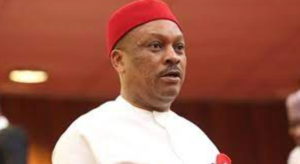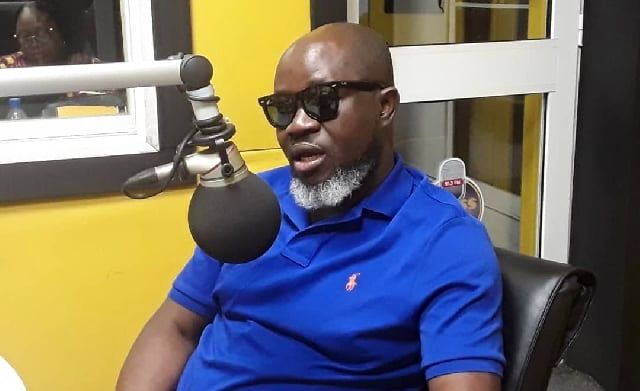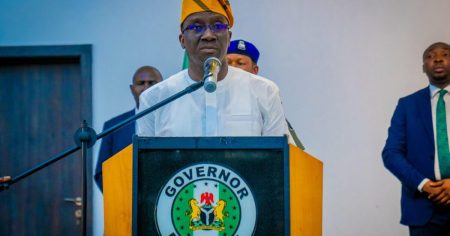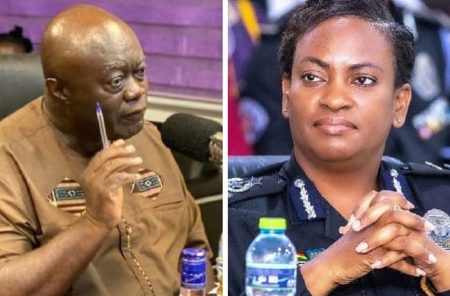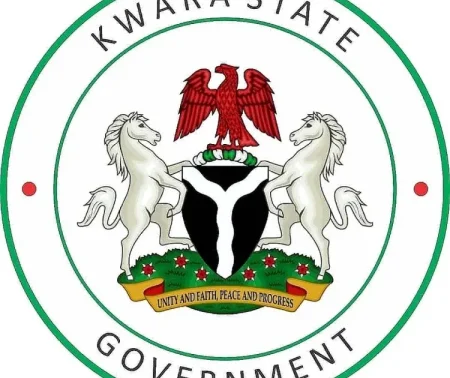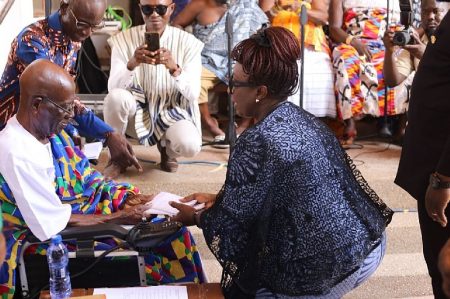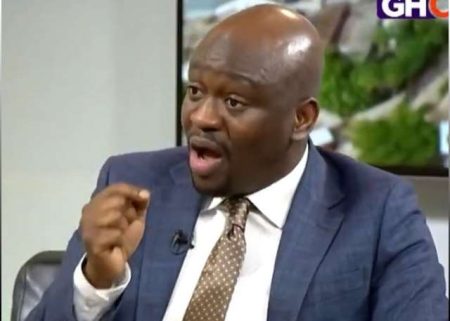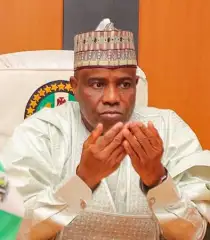The arrest and subsequent bail conditions imposed on Alhaji Abdul Hannan Wahab, the former CEO of the National Food Buffer Stock Company (NAFCO), and his wife have ignited a political firestorm in Ghana, with the Minority in Parliament accusing the Economic and Organised Crime Office (EOCO) of acting as a tool for political persecution. The Minority’s condemnation stems from their belief that the bail terms, set at GHS50 million for Wahab and GHS30 million for his wife, are excessively harsh and represent a form of pre-trial punishment, rather than a mechanism to ensure their appearance in court. This incident has raised concerns about the integrity and impartiality of Ghana’s institutions and the potential for the abuse of power for political gain.
The Minority’s argument centers on the principle that bail is not intended as a punitive measure, but rather as a guarantee of an accused person’s presence during trial proceedings. They cite Section 96 of the Criminal and Other Offences (Procedure) Act, 1960 (Act 30), and the Supreme Court ruling in Kpebu No. 2 v Attorney-General to support their position that bail should be reasonable and proportionate to the accused’s financial means. The Minority contends that the exorbitant bail amounts imposed on Wahab and his wife violate this legal principle and constitute an indirect form of punishment, effectively undermining the presumption of innocence.
Adding fuel to the controversy is the perception that the arrest itself was conducted with unnecessary aggression, as if the couple were fugitives from justice. This, coupled with the hefty bail conditions, has led the Minority to conclude that the actions of EOCO are politically motivated, intended to harass and intimidate political opponents. They warn that such actions set a dangerous precedent, eroding the rule of law and creating an environment of fear and uncertainty. The Minority has called on the Acting Executive Director of EOCO, Raymond Archer, to demonstrate integrity and impartiality in his leadership, emphasizing that the institution should not be used as a weapon for political vendettas.
The Minority’s accusations have broadened into a wider condemnation of what they perceive as a growing trend of abuse of state power. They have appealed to civil society organizations, religious leaders, and the media to act as checks on potential government overreach and to speak out against the perceived politicization of state institutions. Their call for vigilance underscores the importance of upholding democratic principles and protecting individual rights against potential government excesses. The Minority’s stance reflects a deep concern about the potential erosion of democratic norms and the use of state machinery to silence dissent or target political rivals.
The Minority’s demands extend beyond a mere review of the bail conditions; they represent a broader call for justice and accountability. They insist that the bail terms should be fair, reasonable, and in accordance with the law, emphasizing that the justice system should not be manipulated for political purposes. Their appeal underscores the fundamental principle that all individuals are equal before the law, regardless of their political affiliations. The Minority’s strong condemnation of the arrests and bail conditions highlights their commitment to defending the rule of law and ensuring that justice is served without prejudice.
This incident has become a flashpoint in the ongoing political discourse in Ghana, raising fundamental questions about the balance of power, the role of independent institutions, and the protection of individual rights. The Minority’s vocal opposition serves as a stark reminder of the importance of a vigilant citizenry and a robust civil society in safeguarding democratic values and holding those in power accountable. The outcome of this case will likely have significant implications for the future of political discourse and the operation of law enforcement agencies in Ghana.




